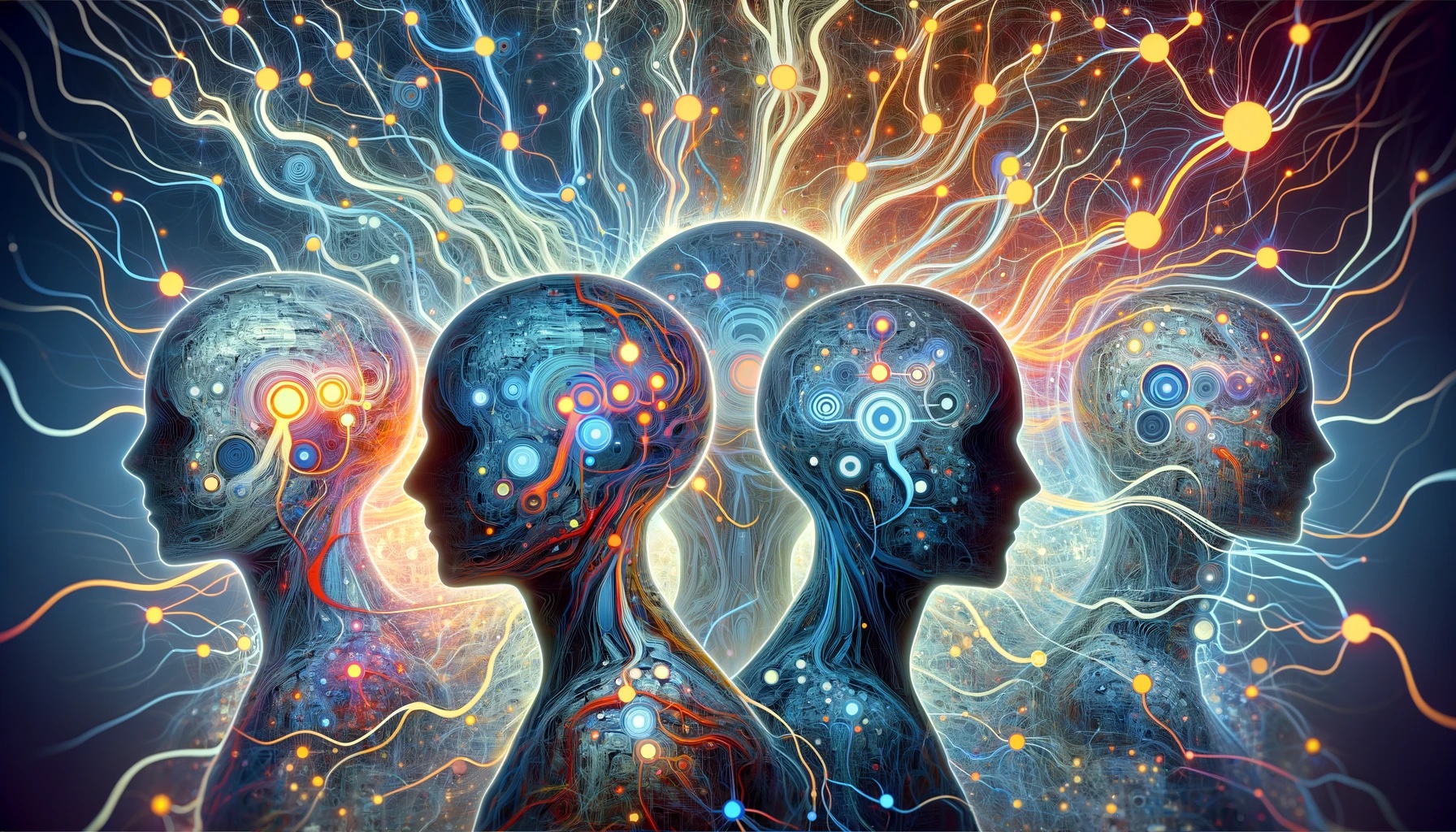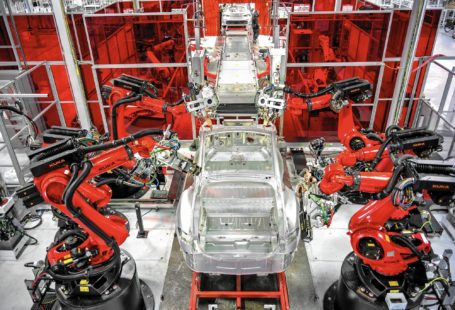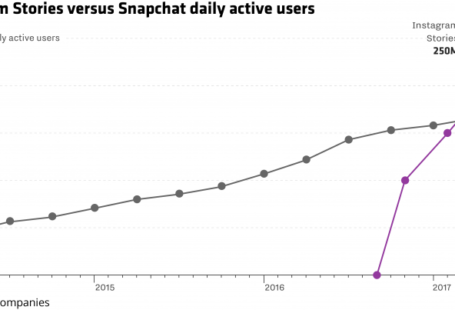Marc Andreessen recently wrote, IT’S TIME TO BUILD, an excerpt of what he wrote,
“Medical equipment and financial conduits involve no rocket science whatsoever. At least therapies and vaccines are hard! Making masks and transferring money are not hard. We could have these things but we chose not to — specifically we chose not to have the mechanisms, the factories, the systems to make these things. We chose not to *build*.
You don’t just see this smug complacency, this satisfaction with the status quo and the unwillingness to build, in the pandemic, or in healthcare generally. You see it throughout Western life, and specifically throughout American life.”
It’s a choice we collectively as a society have chosen, both through political choices and economic decisions. We prioritized what worked for us in the ‘now’ when we should have been thinking about the future and the long term. Yes, there are those who have thought of the 10,000 Year Project and 50 Years. However, for the most part, there is a sense of acceptance of the status quo.
“The problem is desire. We need to *want* these things. The problem is inertia. We need to want these things more than we want to prevent these things. The problem is regulatory capture. We need to want new companies to build these things, even if incumbents don’t like it, even if only to force the incumbents to build these things. And the problem is will. We need to build these things.”
If we don’t come out of this pandemic with a greater sense of humanity, a feeling that we are all in this together, then we would’ve lost the greatest opportunity to propel our humanity forward. As Marc Andreesen said, we should be building these things, but in order to do so, we need to ‘want’ to build them! Free market capitalism as practiced has shown investors and markets ‘want’ many things from apps that message a single word to collective crypto-kitties.
We have a mismatch of talent to value creation work. We have talented individuals who are unemployed or underemployed (where they are not applying their skills where it can be of best use to humanity when it is needed). In theory, perfect free-market capitalism should always enable supply and demand to meet; but the reality is there are other variables (regulatory aspects aside) such as information asymmetry, and simple failures of markets to even convey what is the current supply and demand. In layman’s terms, mechanical engineers needed for an engineering firm in X location might be available but they are currently working in an under-employed scenario in Y location. If we want to build for humanity, we need to solve for this skill to value creation problem.
Why can we not ‘want’ the best for humanity? After all, we are all a part of it.
Please let me know and get in touch, if you are working on anything along these lines.



2 comments On Building the Future & the Future of Building
Pingback: The Test of Modern Capitalism – Mehrad's Domain ()
Pingback: South Africa's Most Innovative Companies | Power of Art ()